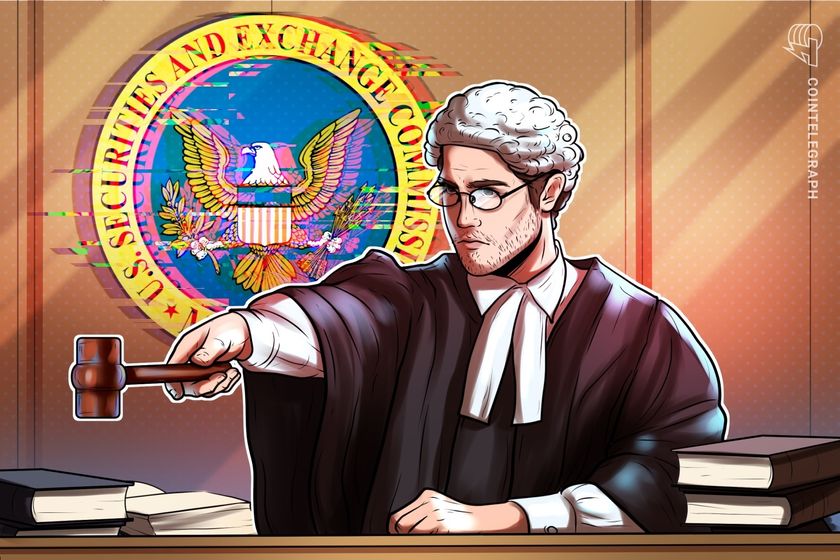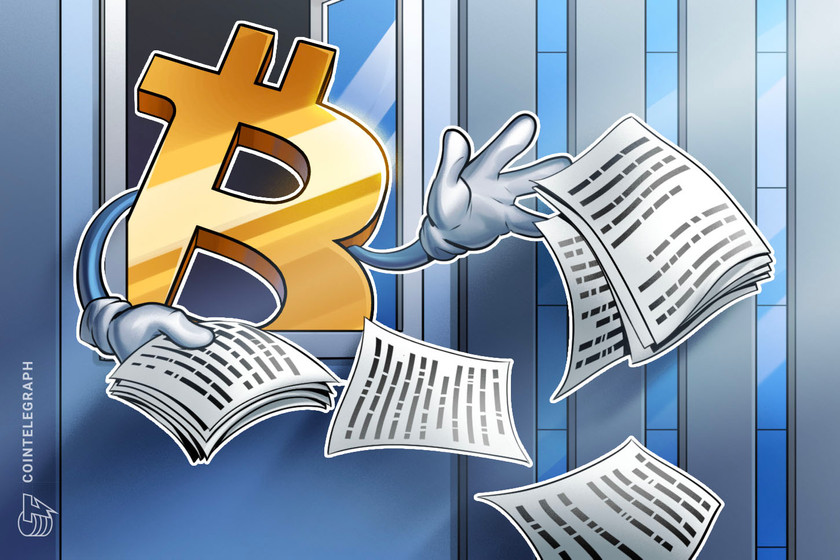Fed issues discussion paper on benefits and risks of a digital dollar
“The Federal Reserve would only pursue a CBDC in the context of broad public and cross-governmental support,” said the recently published paper.
137 Total views
2 Total shares

The U.S. Federal Reserve is opening comments to the public after releasing a discussion paper on the pros and cons of a potential central bank digital currency.
In a publication released Thursday titled “Money and Payments: The U.S. Dollar in the Age of Digital Transformation”, the Fed said it would likely not be authorized to issue digital wallets or accounts capable of holding a U.S. central bank digital currency, or CBDC, but rather leave such matters to the private sector. In addition, the government body said it would be considering privacy concerns, whether a CBDC could be “readily transferable between customers of different intermediaries,” and identity verification to combat money laundering and the financing of terrorism.
The paper added that the U.S. rolling out a CBDC could mitigate the risks of “proliferation of private digital money” while still encouraging innovation in the private sector, leveling the playing field between large and small firms for whom some of the costs of issuing their own digital currency may be prohibitive. Cross border payments, the speed and efficiency of digital payments, and additional financial inclusion are all among the potential benefits of a digital dollar.
“A CBDC could fundamentally change the structure of the U.S. financial system, altering the roles and responsibilities of the private sector and the central bank,” said the Fed paper. “Some have suggested that, if these new CBDCs were more attractive than existing forms of the U.S. dollar, global use of the dollar could decrease — and a U.S. CBDC might help preserve the international role of the dollar.”
Regarding the risks in introducing a digital dollar to the U.S. and world economies, the Fed said that a CBDC could effectively replace commercial bank money, raising prices for retail customers and driving interest away from investments in “mutual funds, Treasury bills, and other short-term instruments.” The paper also repeated some of the concerns previously raised by officials on the stability of the current financial system, such as how the Fed might need to increase its reserves based on demand for a digital currency, and striking t balance between user privacy and transparency needed to prevent fraud.
To that end, the Fed is opening up comments to the public for 120 days — until May 20 — asking concerned citizens to address 22 questions related to the possible rollout of a digital dollar’s benefits, risks, design and policy considerations:
“The Federal Reserve will only take further steps toward developing a CBDC if research points to benefits for households, businesses, and the economy overall that exceed the downside risks, and indicates that CBDC is superior to alternative methods. Furthermore, the Federal Reserve would only pursue a CBDC in the context of broad public and cross-governmental support.”
First announced by Fed chair Jerome Powell in May 2021 to be released last summer, the publication of the CBDC discussion paper has been delayed several times. On Jan. 11 during his testimony to members of the Senate Banking Committee, Powell said that the paper would be coming in a matter of weeks following delays due to “changes in monetary policy.”
Related: Digital dollar needs broad consensus among authorities, says US Treasury Secretary
Though a notice from the Fed stated the discussion paper “does not favor any policy outcome,” Powell has previously suggested there was no rush in the U.S. releasing a digital dollar despite other countries, including China, moving ahead with trials in different cities. Athletes are expected to travel to China for the 2022 Winter Olympics in a few weeks when competitors and visitors will have the opportunity to use the country’s digital yuan.









